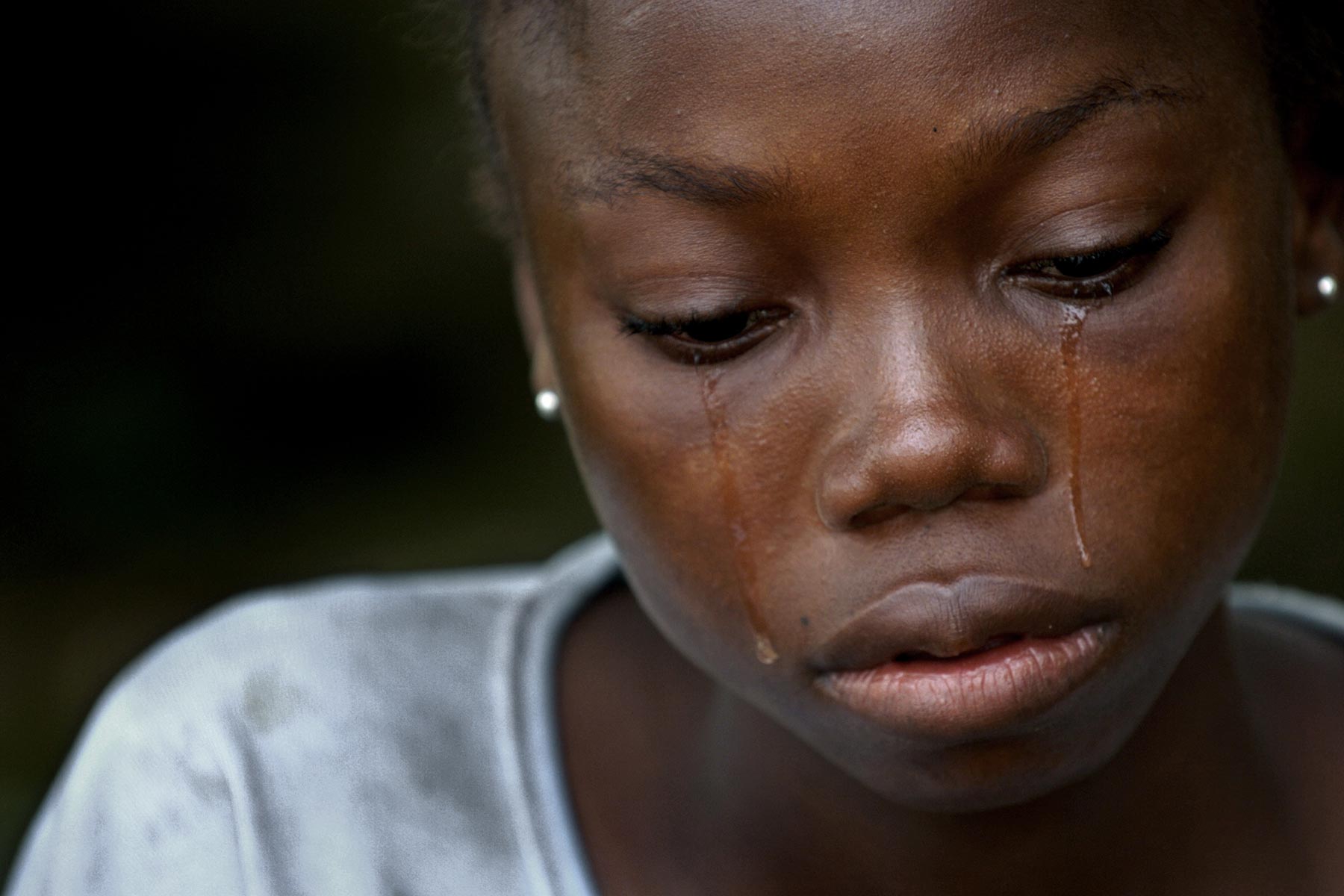As survivors of the Lutheran massacre recounted their experiences, a lady disrupted the service from the pew saying, “We are supposed to promote restorative justice and not retributive justice.” This is Liberia, it is the Memorial Service for the Lutheran Church Massacre being held in August 2018, and no individual has been brought before a court to pay for crimes committed during Liberia’s Civil Crises.
Originally, international law focused only on states and their relationships in the international scene. However, by the Twentieth Century, there was a shift which brought about more recognition of individuals under international law; this gave significant development to international human rights laws and international criminal laws.
War is usually synonymous with the absence of law and order; however, there are international laws that govern war. The topic of punishment for crimes committed during wars dates as far back as 1268. But a major step for the modern day legal structure against war crimes can be traced back to the Nuremberg Tribunal of 1945, which was signed by the US, USSR, UK and France.
The Tribunal was held in Nuremberg, Germany, and its charter identified three categories, namely: Crimes Against Peace, War Crimes and Crimes Against Humanity, by which individuals could be held directly responsible under international law. The United Nations then adopted a resolution that embraced the principles of the Nuremberg tribunal. This set the foundation for the international criminal court (ICC), and the International Criminal Tribunal for Yugoslavia and Rwanda, respectively.
Most Liberians point to the International Criminal Court (ICC) for persecution of war crimes (not to be mistaken for the international Court of Justice, which settles dispute between states and not individuals), however, the Rome Statute – which establishes the International Criminal Court- sets jurisdiction of the ICC only over cases that occurred after July 1, 2002 (the day the Rome Statute came into force). As a result, the ICC does not have jurisdiction over the crimes committed during a large percentage of Liberian Civil Crises. A solution could be the establishment of a special court for Liberia to prosecute war criminals, as was established in neighbouring Sierra Leone.
If Liberia is to copy the Sierra Leonean model for its special court, the court would prosecute alleged war criminals, and would base its judgment on both significant international law and the domestic law of Liberia. To establish this court, the permanent representative of Liberia to the United Nations would have to write to the Security Council requesting that the United Nations establish a special court for Liberia to bring justice for war crimes.
Oppositions to a special court prosecuting war crimes have raised some concerns, most important of them being security, and funding. With its small and relatively new security agencies, and the fact that strong figures during the war like former warlord, now senator, Prince Yomi Johnson threaten violence if a war crimes court is established, security remains a major issue concerning a court for war crimes in Liberia.
The special court could reside in Liberia, but another location can be used for security reasons. This is not without precedent, the special court of Sierra Leone, during the trial of Charles Taylor in connection to war crimes in Sierra Leone, used the facilities of the International Criminal Court (ICC) in The Hague, Netherlands. This was because Charles Taylor had a lot of influence in the region, and being a former warlord himself, his trial raised a lot of security concerns. So the facilities of the ICC were used, but the jurisdiction of the case remained under the special court of sierra Leone.
The cost of a war crimes court is also pivotal. Contrary to popular belief in Liberia that the country would have to shoulder the entire cost of a war crimes court, following the Sierra Leonean model, a special court for war crimes would most likely be largely funded by voluntary donations from the international community. States with interest in the region will most likely be key funders. However, the special court for Sierra Leone had issues with funding as it was projected to last for 3 years at the cost of $73 million USD, but ended up running for much longer and arrived at a total cost of $300 million USD. There have been arguments that the funds donated towards a war crimes court, if established, would better be used for development projects. The question then arises, what is the cost for justice? Is any price too much?
Liberia has delayed establishing a war crime court mostly because of politics and ethnic sentiments. Majority of the civil crises were fought by groups like the Lofa Defense Force, National Patriotic Front of Liberia, and many other tribal and regional rebel groups who had ethnic sentiments. Additionally, certain warlords are still held in high regard and have political backing within their various tribes and regions. Furthermore, in 2009, the Liberian Truth and Reconciliation Commission (an independent organization enacted by parliament to investigate, report and recommend on Liberian civil wars) published its final report that recommended individuals, including Former President Ellen Johnson Sirleaf (the president at the time) be banned from holding public office for 30 years due to their roles during the civil crises. The TRC report and recommendations were never acted upon by the Ellen Johnson-Sirleaf government and still has not been acted upon by the current administration.
With the intricate nature of Liberian politics, the government continues to shy away from the topic of a war crimes court, which remains a sensitive subject. There has been an increase in the calls for the establishment of a war crimes court, especially with the recent event where former warlords issued a press conference against a sitting lawmaker. However, only time will tell where the pendulum will swing as it concerns the establishment of the court.
Authored by Dounard Bondo
Photo credit Al Jazeera

